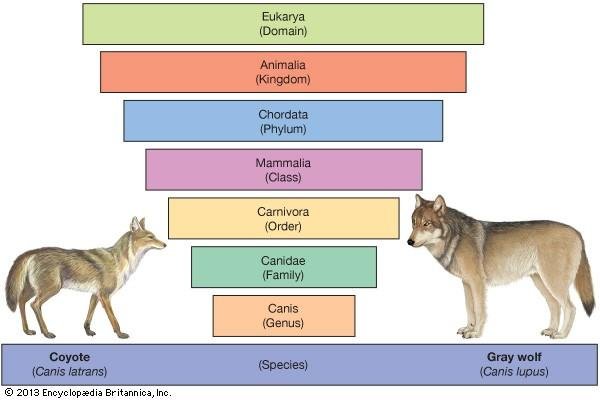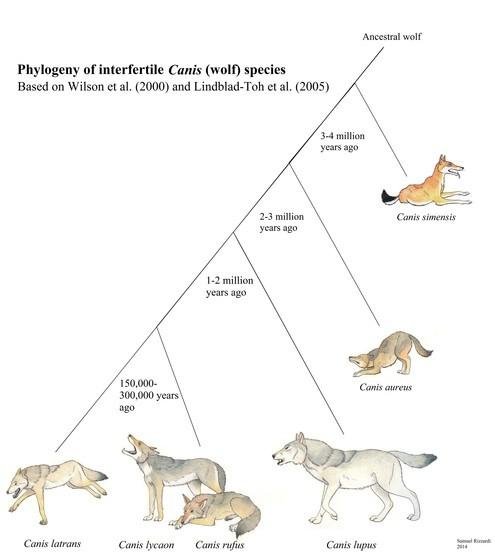The dog "Canis familiaris "
Why is the dog the best friend of the man? Five genes of the animal could explain this particular complicity.


The dog (Canis familiaris) is the oldest pet. It was domesticated from gray wolf packs (Canis lupus) about 15,000 years ago. He has since largely adapted to his life as a favorite companion, particularly by developing social skills with humans. But where does this sympathy for man come from?
An experience with 500 beagles
Per Jensen, professor of ethology at Linköping University (southeastern Sweden) and his colleagues studied the behavior of 500 beagles, a common breed of dog from England developed for hunting hare in the 1830s, made famous by Snoopy, Charlie Brown's little companion.
The dogs were put in front of three containers filled with treats. To be able to feast, they had to raise the lids. But, problem, one of the containers had been sealed. The researchers found that some of the dogs were looking for eye contact with the man, probably to seek his help. An evolution therefore since his ancestor the wolf will seek to solve the problem itself, without having the idea to ask the help of the man. "This proves the important effect of domestication," says Per Jensen.
Five genes responsible for sociability
Scientists then looked for genetic variations associated with this behavior within a genebank of 200 beagles. They identified five genes, located in two different regions of the genome. "Our results are the first to identify genes that may be responsible for changing the social behavior of dogs since domestication," says Per Jensen. According to the researcher, either these genes mutated as a result of domestication, or the same variants exist in wolves, but much more rarely than in dogs.
The very first domesticated dogs having surely been chosen among wolves possessing this propensity to the sociability, this one has been perpetuated from generation to generation until our days. Nearly 15,000 years later, it is logical that it is more common in dogs than wolves. In addition, four of these genes are also linked to social disorders in humans, such as autism, according to the researchers. "This suggests that there may be a common genetic basis for social behavior in dogs and humans," says Per Jensen.
Denis Sergent
(1) Published on 29/09/2016 in Scientific Reports (Nature).